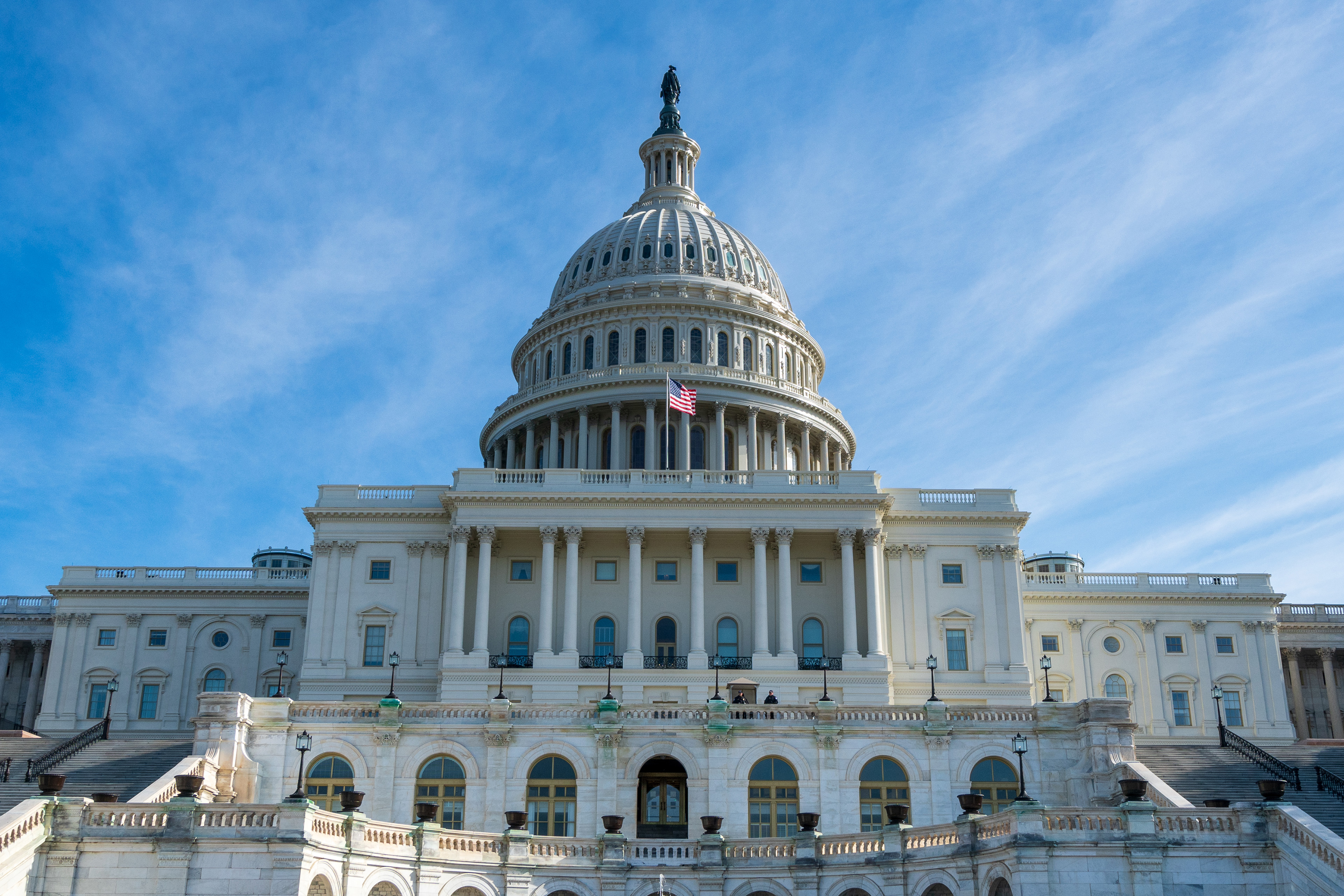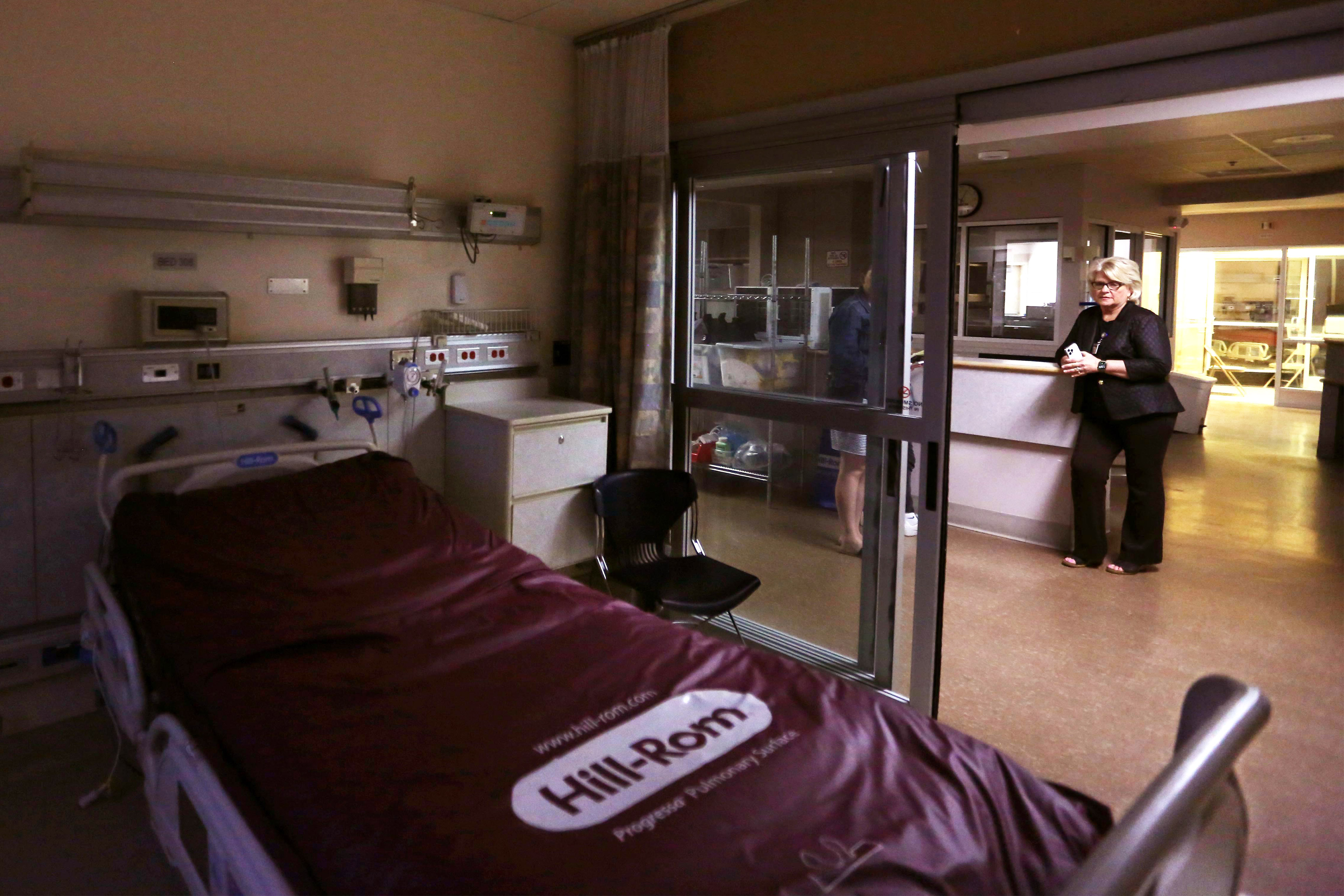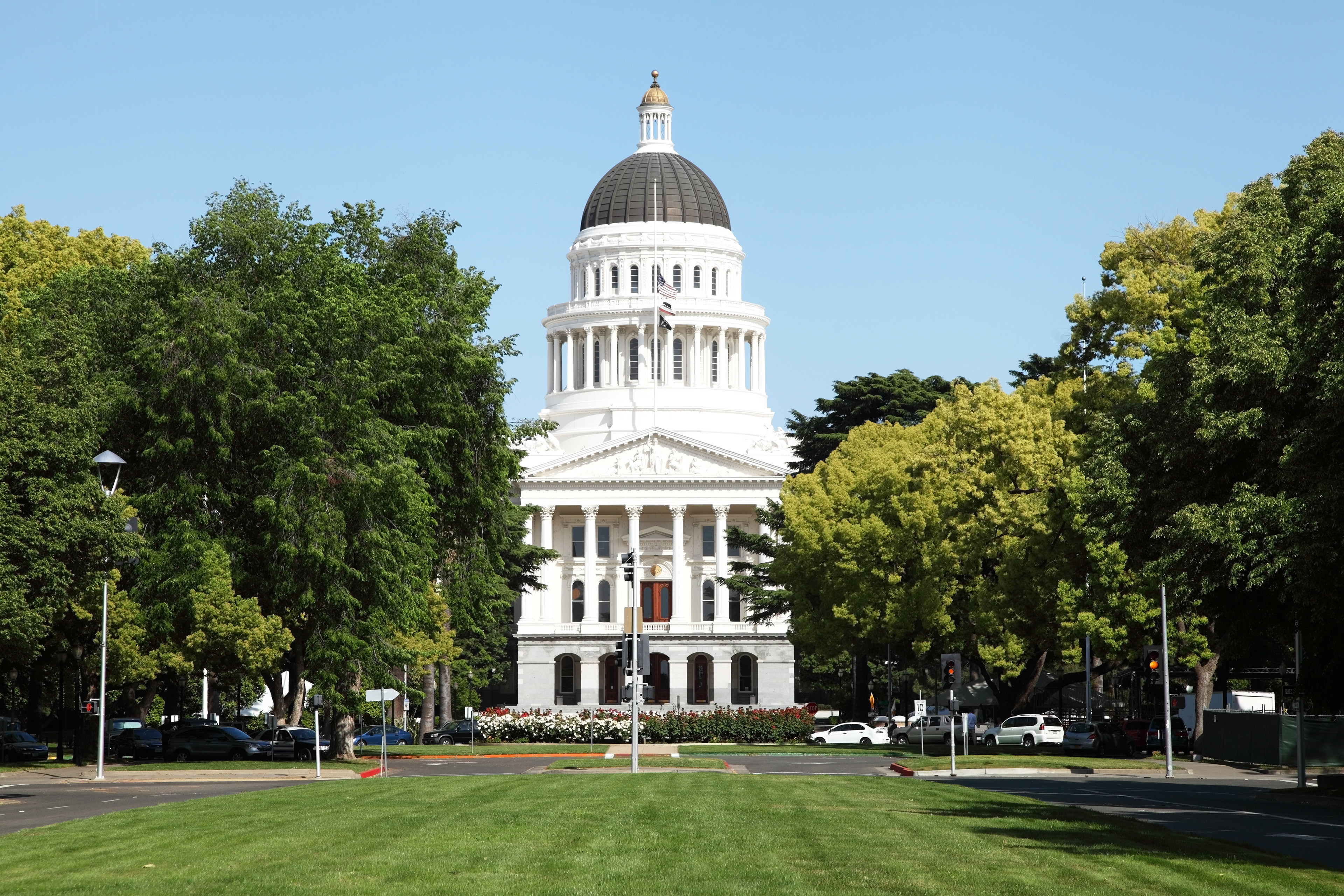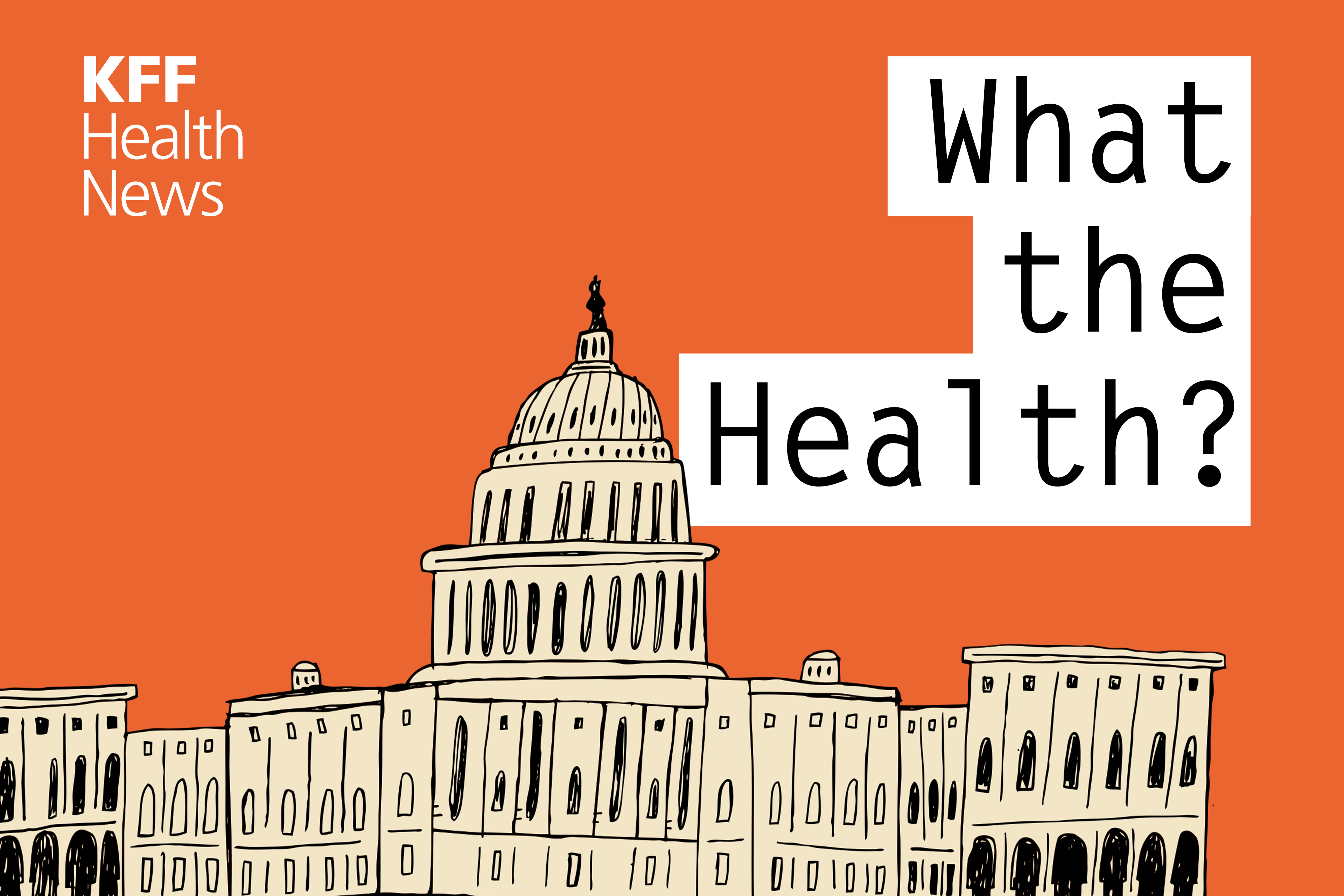It has become as familiar a sight in Washington as cherry blossoms in spring. Lobbyists at hospitals across the country descending on Capitol Hill have asked lawmakers to delay the multibillion-dollar Medicaid funding cuts mandated by the Affordable Care Act.
Historical records suggest that a decline this year is unlikely. Since 2013, Congress has voted to delay it 13 times, jumping on the hospital’s claim that losing money would impede the provision of care.
Unless Congress takes action by October, the federal government will cut $8 billion from this year’s budget for the Medicaid program to support safety-net facilities serving many Medicaid and uninsured patients, then cut the same each year for the next three years. Budget amounts vary each year, but in 2021, program spending Total about $19 billion.
known as Medicaid Disproportionate Share Hospital (DSH) Payments The program has come under criticism as evidence has emerged that a significant portion of the funding goes to hospitals that do not primarily serve low-income patients. According to the industryMore than 2,500 hospitals, about 40% of all hospitals in the United States, receive payments.
The cuts are part of a deal brokered with the hospital industry 14 years ago in which the ACA’s fate hung in the balance. At the time, hospitals agreed to accept $155 billion in Medicare and Medicaid funding cuts over 10 years, assuming the bill’s promise to cover more patients would improve revenues. Part of these cuts were Medicaid DSH payments.
Despite All-time high hospital revenue and Uninsured rate at record low In recent years, the hospital industry has reiterated that now is not a good time to make cuts, noting that millions of people have lost Medicaid coverage due to the COVID-19 pandemic and the end of pandemic-era protection.
Currently, Medicaid funding only covers about 81 percent of the cost of patient care in hospitals, said Jolene Calla, vice president of the Pennsylvania Association of Hospitals and Health Systems.
She said losing Medicaid safety-net funds would be “devastating for hospitals.”
all bipartisan group A majority of the 231 members of the House of Representatives sign a letter to House leaders calling for another delay. A bill is moving in Congress. will delay All cuts to the Medicaid safety net program through 2026.
The postponement demonstrates the political power of the bolstered hospital industry in that virtually every congressional district has at least one hospital providing care and jobs.
Hospitals are among the largest donors to members of Congress and have a large lobbying force.
According to the watchdog group OpenSecrets, the Greater New York Hospital Association, which represents more than 160 hospitals: Donated over $11.8 million. to the congressional campaign of the 2022 cycle. American Hospital Association About $27 million spent More than almost any other organization for lobbying to influence lawmakers in 2022.
Critics say the hospital industry, which often raises prices, sues patients for underpayment, and pays huge salaries to top executives, should keep the deal it made with the Democrats in 2009, especially the Obama administration.
Daniel Skinner, associate professor of health policy at Ohio University, said, “Over the years, too many hospitals have tried both ways to benefit from the ACA while avoiding liability under the law. “They continually use their political power to free themselves from these responsibilities while trying to maintain a generally good feeling within their community.”
On July 8, 2009, America’s top hospital leaders stood with then-Vice President Joe Biden at a White House press conference and announced that they had agreed to put a national health reform bill on track after 100 years of failed attempts. far back With Theodore Roosevelt’s push for national insurance.
At the time, ACA reform efforts faltered as interest groups antagonized and Democrats struggled to get their plans together. the next agreement, similar deals Working with the pharmaceutical industry was part of the Obama administration’s plan to negotiate preemptively with corporate interests that had been blocking previous reform efforts.
Savings from $155 billion in hospital funding cuts would “cover health care cost reform.” Biden said during a press conference. “As more people are insured, hospitals will ease the financial burden on the uninsured and some insured, and we will reduce payments to cover these costs with that reduction.”
President Barack Obama signed the ACA in March 2010. The uninsured, who were 48 million in 2010, down to 28 million by 2016. By 2021, the uninsured rate has fallen to an all-time low and 27 million uninsured.
Hospital lobbyists argue that Medicaid cuts shouldn’t be implemented because the industry has already absorbed Medicare funding cuts under the ACA, and the uninsured rate hasn’t fallen as low as the 5% rate predicted before passage of the law.
Chip Kahn, president and CEO of the Federation of American Hospitals, which represents for-profit hospitals, said the health law was a “god’s gift” but failed to achieve its expected goal of universal coverage.
Khan, who was involved in the deal with the Obama White House, said the main reason the ACA fell short of universal coverage was that 10 states, including states with larger populations such as Florida and Texas, not yet adopted Medicaid Expansion.
As a result, hospitals in these states have provided more unpaid care than expected and will need additional Medicaid payments to cover costs, he said.
Kahn said additional Medicaid payments help offset shortfalls caused by Medicare and Medicaid low-pay hospitals.
The ACA has called for cuts to the DSH program. phased inwith less than $1 billion In the first few years each is cut off. But after hospitals lobbied Congress to delay it, the revised budget deal meant future cuts would be deeper and more immediate.
In fiscal year 2021, the most recent year for which data are available, DSH spending nationwide totaled $18.9 billion. These payments account for 3% of total Medicaid spending, but in some states they account for 10% of Medicaid spending.
Targeting safety net hospitals, the program has been the subject of controversy for decades.
One reason is that money doesn’t always go to safety net hospitals.
A study published in Health Affairs last year Found 57% of hospitals. I received DSH benefits in 2015. Approximately 94% of these benefits were paid to hospitals with uninsured care that had a high or above-average percentage of uninsured patients or Medicaid enrollees.
However, 6% of beneficiary hospitals did not meet These criteria have emerged in research.
Researchers estimated that about a third of payments go to hospitals that are not focused on caring for low-income populations.
Paula Chatterjee, lead author of the study and director of health equity research at the Leonard Davis Institute for Health Economics at the University of Pennsylvania, said hospitals aren’t transparent about how they spend the extra money, and states that pay the most don’t always have the highest percentage of uninsured residents.
She said the safety-net program is meant to help hospitals treat large numbers of Medicaid and uninsured patients, but the formula for determining how much the state receives is based on total Medicaid spending before caps were set in 1992.
As a result, states such as New York and New Jersey among the largest beneficiaries She said they are part of the supplemental fund even though they have the lowest uninsured rates.
Beth Feldpush, senior vice president of policy and advocacy at America’s Essential Hospitals, which represents 300 safety net hospitals, said the average 3% operating margins at these facilities would be gone without DSH funding. “Members of Congress know that most congressional districts have underserved communities,” she said.
Chatterjee said hospitals are likely to argue that there is no right time to accept the cuts. She noted that some rural and urban hospitals have closed in recent years, despite other hospitals posting record revenues.
“It’s always difficult to get money out of hospitals because hospitals have such a symbolic meaning and legislators know that,” she said.




